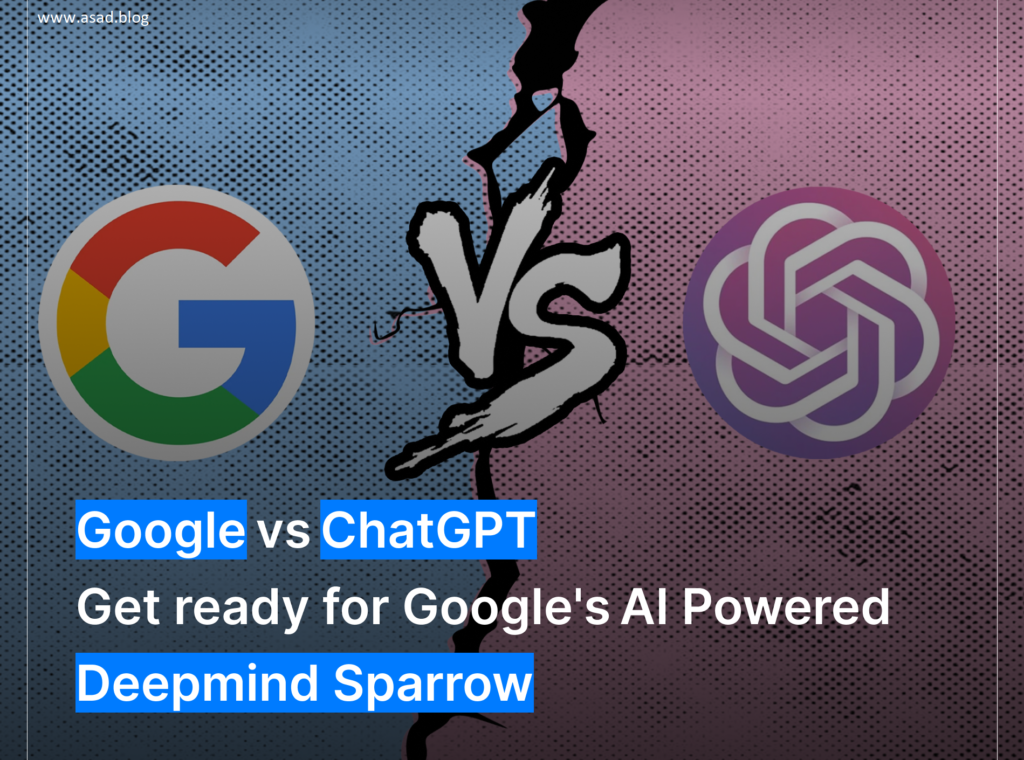
ChatGPT from OpenAI is the biggest AI hype of all time. But there’s a great con Google and ChatGPT are both powerful AI technologies, but they are designed for different purposes. Google is known for its search engine, which uses complex algorithms to quickly and accurately provide users with relevant information. ChatGPT, on the other hand, is a language generation model that can be used for tasks such as text completion and conversation simulation.
There are several myths surrounding the competition between Google and ChatGPT. One such myth is that ChatGPT is a direct competitor to Google’s search engine. However, this is not the case as ChatGPT is a language generation model and Google’s search engine is an information retrieval system.
One of the biggest pros of Google over ChatGPT is that Google has been around for much longer and has a much larger user base. This means that Google has access to more data and can provide more accurate and relevant information. Additionally, Google has a wide range of other AI-powered services like Google Translate, Google Maps, Google Assistant, Google Earth, Google Lens, Nest, etc.
Google has been researching and developing language generation models for some time, with the aim of developing advanced AI-powered tools that can understand and respond to human language. Examples of these models include LaMDA and Flamingo, which were developed even before the launch of ChatGPT by OpenAI. By the end of 2020, Google had already developed a chatbot called Meena, which was capable of having credible conversations with humans, and demonstrated the company’s capabilities in language generation models.
On the other hand, OpenAI’s ChatGPT is a powerful language generation model that has gained popularity due to its ability to complete text and stimulate conversation. Microsoft’s investment in OpenAI has also helped to increase its reach.
With the recent announcement of DeepMind’s chatbot Sparrow, Google may now be seen as a direct competitor to ChatGPT in the market for language generation models. Sparrow, like ChatGPT, is trained with human feedback, which DeepMind claims will make it more helpful, accurate, and safe. Additionally, Sparrow will have access to the internet through Google, allowing it to integrate the latest information into its responses.
DeepMind Sparrow is an AI-powered tool developed by Google that uses deep learning to improve the efficiency of Google’s data centers. It is designed to optimize energy and resources in data centers, which can help reduce costs and improve performance.
While ChatGPT is a powerful tool for language generation, it is not a direct competitor to Google’s search engine. Google’s search engine is a more mature technology with more data and a wider range of services. Google’s AI-powered DeepMind Sparrow is another example of Google’s AI capabilities which are used to optimize the use of energy and resources in data centers. Hence, there is no official controversy between Google and ChatGPT, the competition in the market for language generation models could be seen as a point of comparison or debate among industry experts and consumers.
